“Is it necessary to charge parking fees for students in schools?” - a seemingly small question but can deduce how a school operates and treats its students.
Because nowadays, in many places, parking has become a paid service, accompanied by a bidding contract, the price varies from place to place. The ones who pay for this are the parents and students.
Many opinions say that charging parking fees is unintentionally putting financial barriers above minimum needs, especially for disadvantaged students.
“Maybe for many families, a few tens of thousands of dong per month is not a large amount of money. But for poor students, it is a real burden,” reader Hoang Bao sent his concerns to Dan Tri .
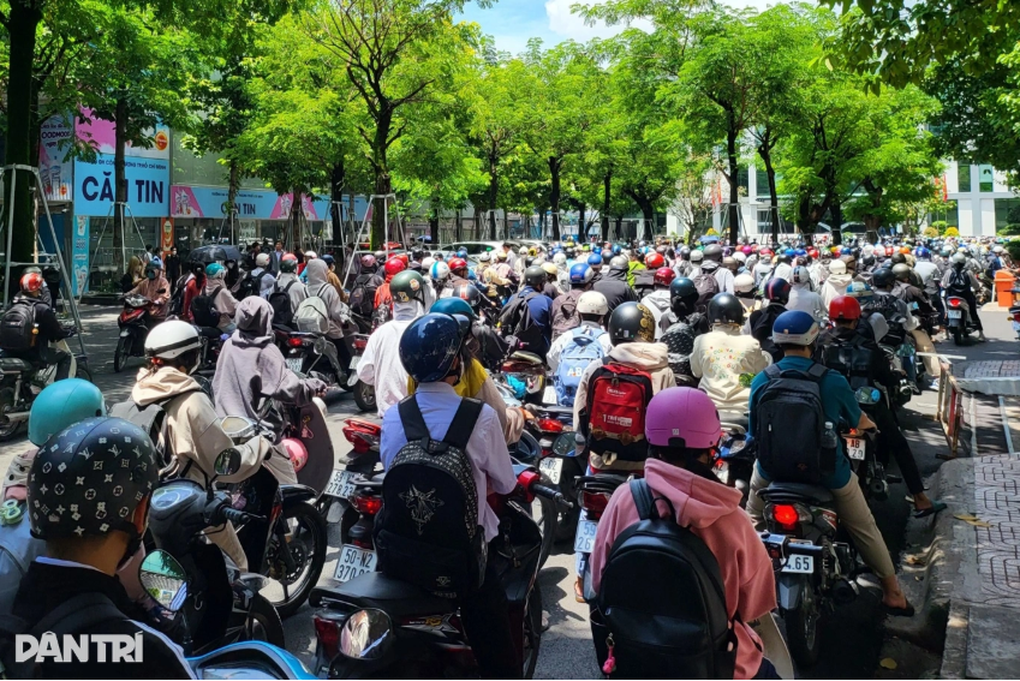
Should schools charge students for parking is a controversial question (Illustration: Huyen Nguyen).
In fact, free parking for students has been implemented in some places. Nguyen Thi Minh Khai High School (Bac Tu Liem, Hanoi ) is one of the schools that does not charge parking fees. Students who ride their bikes to school have their own parking area, no lock on the steering wheel and no parking ticket.
Principal Nguyen Hai Son said that the responsibility of looking after the vehicles of students, teachers, and school staff belongs to the security team. When signing a contract to work with the school, the security guards had to take on this responsibility. The security guards' salaries are taken from the school's regular operating budget.
"The school has been doing this for a long time and there has never been a security incident," said teacher Nguyen Hai Son.
However, from another perspective, there are opinions that not all schools have similar conditions. A leader of a high school in Ho Chi Minh City shared: "The labor cost in the city is high, arranging and watching hundreds of cars every day requires 2-3 people to concentrate highly during peak hours."
Meanwhile, the salaries of security guards and janitors are a large expense from regular operations and not all schools have enough money to fully pay for this additional work.
Another reason is that schools have limited land area, so parking arrangement is difficult, not to mention the cost of investing in a roof to protect against sun and rain. This cost is often not covered by the regular budget but requires autonomous resources.
The principal also shared more about legal responsibilities. When keeping vehicles, the school faces the risk of loss, damage and compensation responsibility.
“If there is no fee collection and loss or damage occurs, who will be responsible for compensation?”, the principal asked.
This principal said that according to regulations, schools are not allowed to organize paid parking services, so either students have to pay for their own parking or hire a service company.
“Having a parking service is considered a suitable choice and a form of bilateral responsibility, creating a reserve fund for situations,” said a school leader in Ho Chi Minh City.
In Ho Chi Minh City, the fee for parking services in schools is 2,000 VND/time.

Many schools have limited space, making it difficult to park vehicles (Illustration: Huyen Nguyen).
To harmonize humanitarian responsibility and practical burden, Mr. Nguyen Tu, former planning and investment specialist at a public university in Ho Chi Minh City, believes that there needs to be a comprehensive policy solution to reconcile the above problem.
First, regarding flexible budget allocation, higher education authorities need to review the regular operating budget for schools, especially those in high-cost areas, to ensure they have enough resources to pay for essential activities, including security and janitor positions, without having to find ways to charge students.
Second, in terms of spending priorities, schools need to consider security costs (including parking) as essential operating costs to serve students, on par with electricity, water, and sanitation costs.
Third, technology and education solutions, instead of increasing the number of workers, schools can take advantage of technology (installing cameras, smart vehicle management systems) to reduce management pressure. Along with that, combine with the application of measures to educate awareness of self-management of vehicles as the free models have done.
Fourth, there should be a completely free policy for disadvantaged students.
“To achieve the ultimate goal of free parking for students, flexibility in the school's operations is needed. While the conditions are not yet met, it is necessary to explain to parents and students about the actual operations to avoid unfortunate "overcharging" rumors," Mr. Nguyen Tu shared.
Source: https://dantri.com.vn/giao-duc/co-nhat-thiet-phai-thu-phi-giu-xe-cua-hoc-sinh-20251008085306813.htm


![[Photo] Prime Minister Pham Minh Chinh chairs the Conference to deploy the National Target Program on Drug Prevention and Control until 2030](https://vphoto.vietnam.vn/thumb/1200x675/vietnam/resource/IMAGE/2025/10/09/1759990393779_dsc-0495-jpg.webp)



![[Photo] Prime Minister Pham Minh Chinh chairs a meeting of the Government Standing Committee on overcoming the consequences of natural disasters after storm No. 11](https://vphoto.vietnam.vn/thumb/1200x675/vietnam/resource/IMAGE/2025/10/09/1759997894015_dsc-0591-jpg.webp)








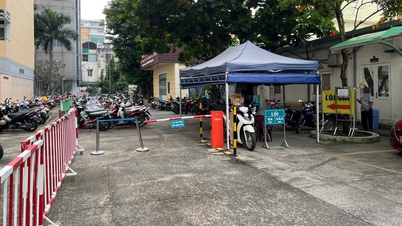


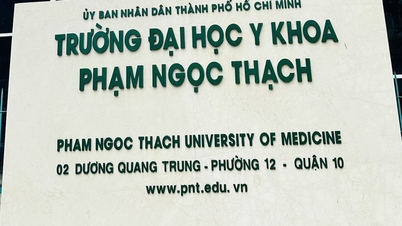






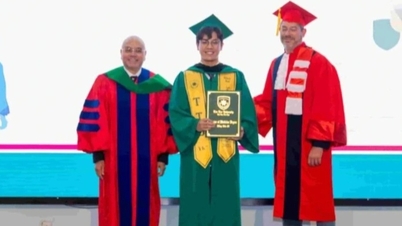
















































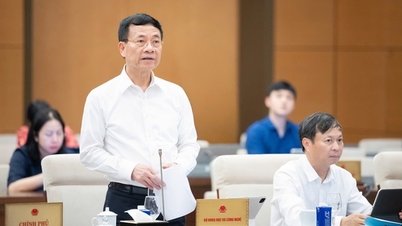

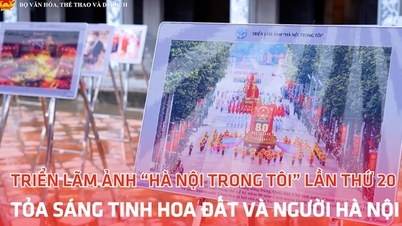
























Comment (0)